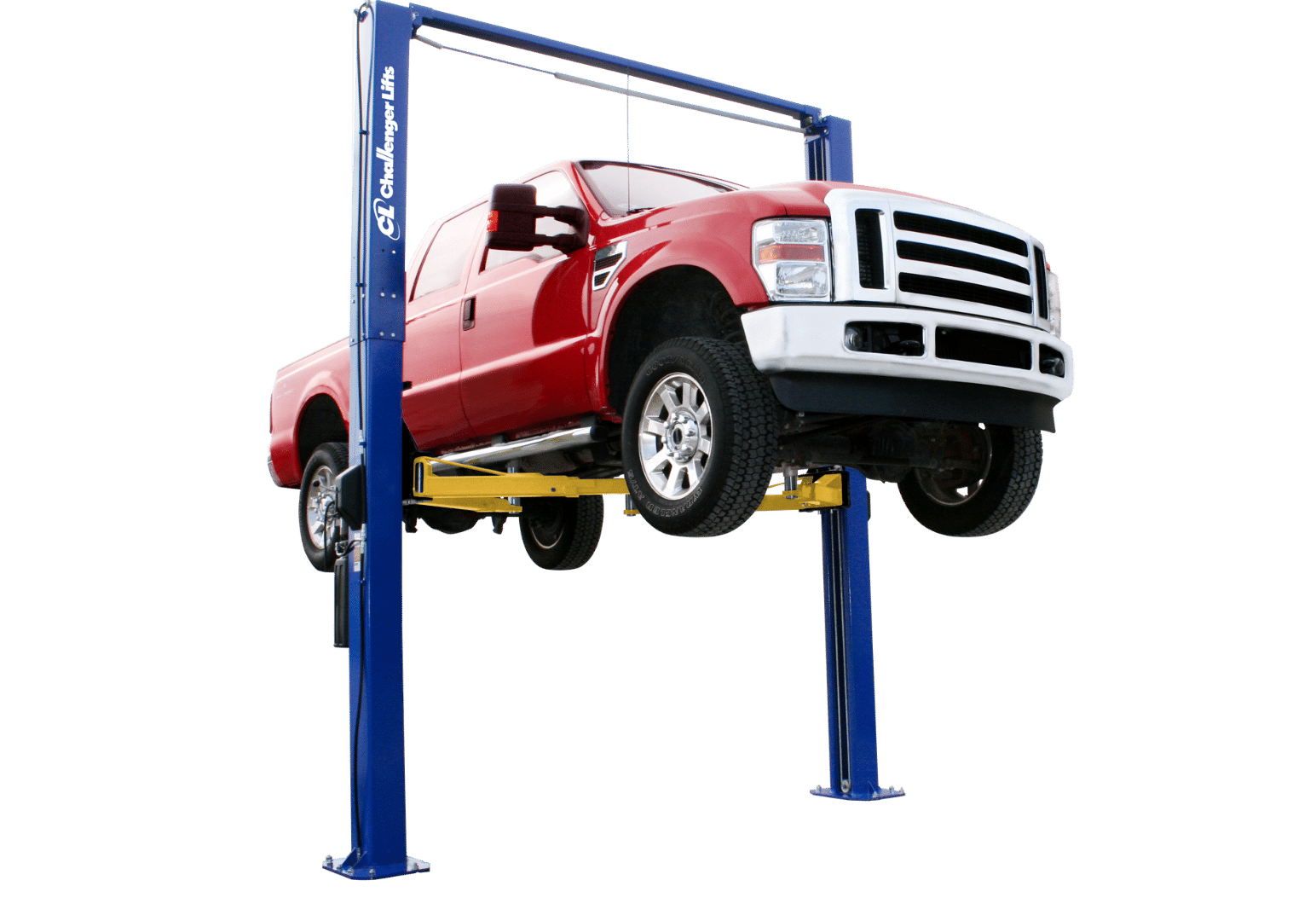UK car production in July at lowest level since 1956 amid ‘pingdemic’ and chip shortage
UK car manufacturing declined to the lowest level since 1956 in July, down 37.6% due to global chip shortages and the ‘pingdemic’ slowing down production.
The Society of Motor Manufacturers and Traders (SMMT) said some manufacturers had changed their summer shutdown timings to manage the rout.
In July production for the UK market declined -38.7% to 8,233 while manufacturing for export also fell — down -37.4% with 45,205 cars shipped overseas.
“These figures lay bare the extremely tough conditions UK car manufacturers continue to face,” said Mike Hawes, SMMT CEO.
Exports accounted for more than eight out of 10 (84.6%) vehicles built in the month as buyers around the world continued to be attracted to the wide range of high-quality cars made in Britain, including the latest alternatively fuelled models.
Despite the disappointing numbers, the share of alternatively fuelled cars hit its highest on record, with more than a quarter (26%) opting for battery electric (BEV), plug in hybrid (PHEV) or hybrid electric (HEV).
UK car factories have turned out 126,757 of these vehicles since the start of the year.
Production overall in 2021 remained up 18.3% on COVID-hit 2020, at 552,361 units, but this is down significantly (-28.7%) on 2019 pre-pandemic levels when 774,760 cars rolled off production lines.
“The UK automotive industry is doing what it can to keep production lines going, testament to the adaptability of its workforce and manufacturing processes, but government can help by continuing the supportive Covid measures currently in place and boosting our competitiveness with a reduction in energy levies and business rates for a sector that is strategically important in delivering net zero,” said Hawes.
Read more: Revealed: The 10 best-selling used cars in Britain
While production stalled with new cars, the UK marked its best ever second quarter for used car sales, as the emergence from lockdown and factory delays held up the delivery of new cars.
According to the SMMT, UK used car transactions rose 108.6%, following a weak second quarter in 2020, to 2,167,504 units.
The increase tracks the country’s gradual emergence from lockdown, as businesses reopened, demand for personal mobility increased.
Compared to the near standstill of the economy last year, the used car market saw the biggest growth in April, up 307.4% on 2020 with 724,743 transactions in the month, and up 5.0% on pre-pandemic 2019.
Read more: What is inflation and why is it important?








